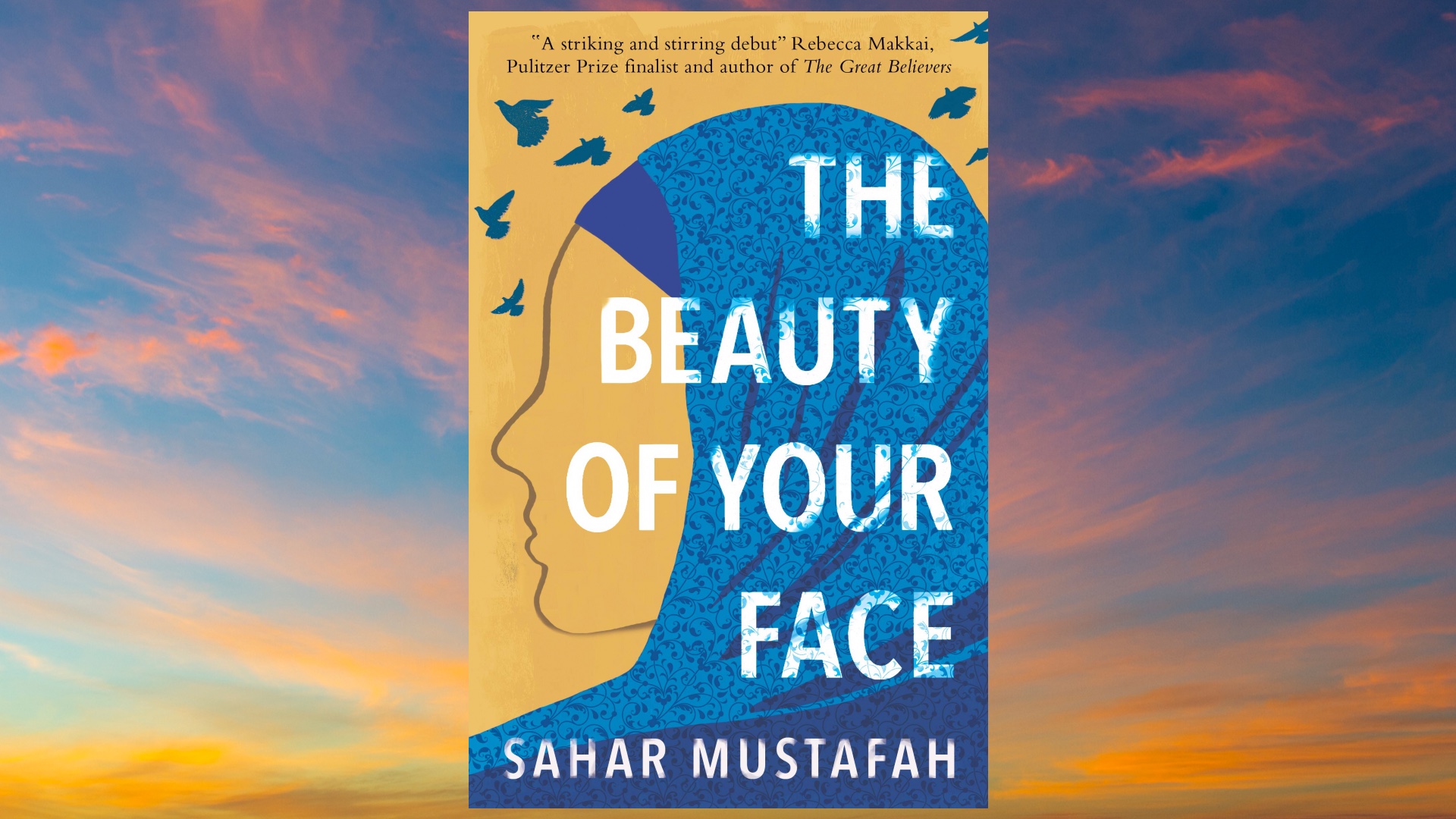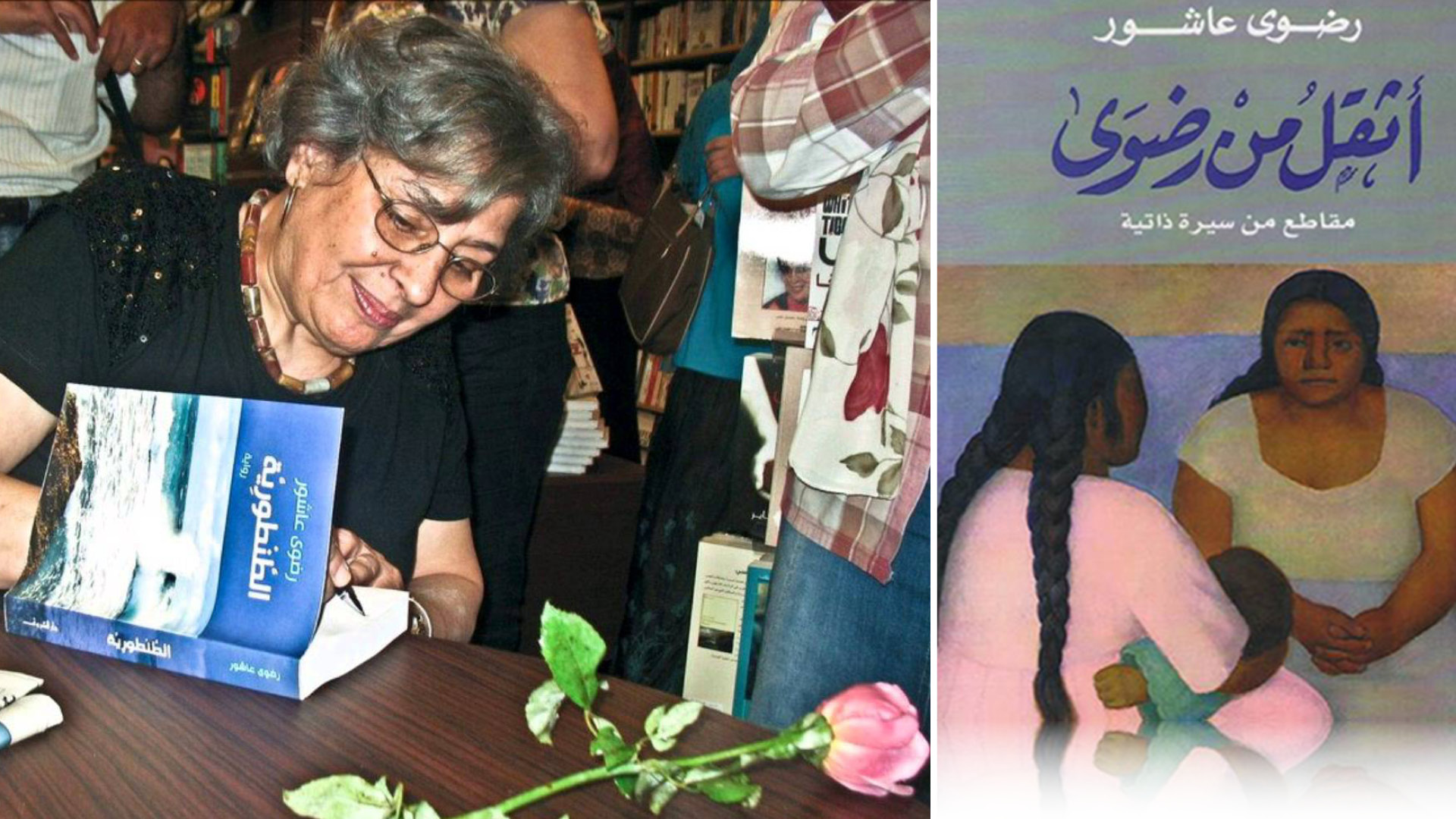
10 must-read books about the Palestinian struggle for self-determination

Mornings in Jenin by Susan Abulhawa
In Mornings in Jenin, Abulhawa narrates the story of four generations of fictional Palestinian family the Abulhejas, and seamlessly weaves in a history spanning six decades over five countries. The novel begins during the Nakba of 1948, when a young mother holding her six-month-old baby has him snatched out of her arms as Israeli soldiers march through the village of Ein Hod. From this heart-breaking incident, Abulhawa proceeds to unfold the stories of each member of the Abdulheja family as witnessed by younger sibling Amal. Originally called The Scar of David this intergenerational novel will evoke a rollercoaster of emotions while educating you on the history of Palestine.
The Beauty of Your Face by Sahar Mustafah
Afaf is the headteacher of Nurridean School for Girls, a converted nunnery, in Chicago. While praying in a small cupboard that was once a Catholic confessions room, she hears firecrackers going off. She soon comes to realise they are not firecrackers, but the sound of gunfire, as a shooter has walked straight into her school. As Afaf comes face-to-face with the shooter, we are transported back to the 1970s, and chapter by chapter, we re-live Afaf’s childhood, adolescence, and adult years. As the daughter of Palestinian immigrants to America, we learn about the experience of the Palestinian diaspora and feelings of exile, as well as the constant yearning of the first generation of immigrants to return to Palestine.
 |
| Read The New Arab's review of Sahar Mustafah's searing debut "The Beauty of Your Face" here. |
A Minor Detail by Adania Shibli (translated by Elisabeth Jaquette)
Longlisted for The Booker Prize earlier this year, A Minor Detail is a relatively slim novel, that looks at the idea of how a “minor detail” or singular incident can play a large role in our understanding and retelling of history, particularly in the case of Palestine, a country whose history is being altered and deleted by Israeli occupiers. The story has two parts: the first part is set in 1949, one year after the Nakba, in which an Israeli platoon sweeps the Naqab Desert, killing any Arabs they come across. They find a young woman who they kidnap, hold captive for four days, gang rape, and kill in the desert. Years later a young Palestinian woman in Ramallah comes across this “minor detail” in Palestine’s history and becomes fixated by it, trying as hard as she can to unearth as much information about the incident as possible. Through her, we get a glimpse of the logistical nightmare it is moving around as a Palestinian through the Occupied Territories.
Haifa Fragments by Khulud Khamis
Haifa Fragments explores the everyday lives and experiences of Palestinians today through its female protagonist Maisoon, her friends, and her loved ones. Maisoon is a tradition-defying Palestinian Christian woman, who lives on her own in Haifa, works as a jewellery designer, and is resisting her Muslim boyfriend Ziyad’s continuous attempts to marry her for fear of losing her independence. She cannot understand her father Majid, nor Ziyad’s apathy for the things going on around them, causing tension in both relationships. Maisoon crosses paths with Shahd, a young Palestinian woman who lives in a refugee camp and becomes smitten with her. Through the characters of Maisoon and Shahd, we witness the differences in the daily challenges faced by Palestinians living in Israel, and Palestinians living in refugee camps.
Salt Houses by Hala Alyan
Another intergenerational novel, Salt Houses, tells the story of four generations of the Yacoubs, a Palestinian family who once lived in a villa on the seashore of Jaffa until they were forcibly displaced by Israeli forces. Now living in Nablus, on the eve of her daughter Alia’s wedding, Salma reads her daughter’s fortune in a cup of coffee dregs but does not disclose what it is she sees. Her predictions come to pass as the Six-Day War in 1967 forces them out of their home again and break the family apart. When Alia and her husband move to Kuwait, they are once again uprooted from their home during the Iraqi invasion in the First Gulf War. Salt Houses is a wonderfully lyrical novel that cleverly tells the Palestinian experience of dispossession and exile, with the imagery of “salt houses” reflecting the temporary nature of each home the Yacoubs dwell in.
Salt Houses is a wonderfully lyrical novel that cleverly tells the Palestinian experience of dispossession and exile, with the imagery of 'salt houses' reflecting the temporary nature of each home the Yacoubs dwell in
Out of It by Selma Debbagh
Set in Gaza during the second intifada, Out of It unwinds the story of how each member of the Mujahed family tries to find their own way out of their current living situation, amongst the targeted killings, house demolitions, arbitrary arrest, and internal political unrest around them. Rashid, who spends his days smoking marijuana, gets his ticket out via a scholarship to London, sister Iman is almost recruited into a resistance movement until she is granted a way out to live with her father in the Gulf, and wheelchair-bound Sabri finds escapism from the loss and grief of losing his wife and baby son by working on a history of Palestine. A passionate and packed novel with exquisite use of imagery.
A Woman is No Man by Etaf Rum
Israa is 18 when her parents marry her off in Palestine to Adam, who is over a decade older and lives in America. Growing up Israa loves reading books but her parents think reading is a waste of time. Her father Yacub beats and hits her mother who has become cold as a result of her hard life. Israa moves to America with Adam and lives with her in-laws. Over time Adam becomes violent and abusive, especially after Israa fails to give him a son and is subjected to pressure by Fareeda to give her a grandson. Fast forward twenty years and we meet 18-year-old Deyaa and her three sisters. They live with their grandparents Fareeda and Khaled because their parents Israa and Adam died in a car crash. Fareeda is trying hard to marry Deyaa off even though Deyaa wants to go to college. Deyaa finds herself in a battle for her future, and as she pushes harder to find out more about her parents, secrets start to unravel. A vital read that provides an unflinching account of the effects of intergenerational trauma, and the prevalence of patriarchal traditions even within the diaspora.
I Saw Ramallah by Mourid Barghouti
Praised by Edward Said as one of the finest existential accounts of Palestinian displacement, I Saw Ramallah is late poet Mourid Barghouti’s memoir, based on his return to Ramallah for the first time in the 1990s after over three decades in exile. An account of his journey back, I Saw Ramallah gives us a glimpse of Barghouti’s emotions, fears, and questions as he crosses the bridge over the River Jordan and edges closer to his homeland. Will he be allowed back in or turned away? Will this be the first and last time he gets to go home? Weaving in his history of exile and the tragic events that happened to family and loved ones, I Saw Ramallah is a poetic and poignant account of dispossession and exile.
 |
| One of literature's great love stories, Radwa Ashour and Mourid Barghouti shared an inimitable bond. Read The New Arab's feature on their relationship here. |
In Search of Fatima by Ghada Karmi
In Search of Fatima is Ghada Karmi’s acclaimed memoir, relating her journey as a child along with her parents from Palestine to Britain during the 1948 Nakba. A wealthy family in Palestine, overnight they become penniless. Her parents set up home in Golders Green, an area in North London with a large Jewish community, and while Karmi is first at odds with her Palestinian identity, the Six-Day-War in 1967 forces her to reclaim her roots, become politically active, and eventually become an activist. A searing account of the violent uprooting of Palestinian families during the Nakba of 1948, as well as an exploration of exile and identity.
While Karmi is first at odds with her Palestinian identity, the Six-Day-War in 1967 forces her to reclaim her roots, become politically active, and eventually become an activist
Nothing to Lose but Your Life by Suad Amiry
Highly acclaimed author, architect, and professor Suad Amiry turns investigative journalist in this first-hand account of the dangers Palestinian men face in trying to cross the border from the West Bank illegally in order to seek work in Israel. Disguising herself as a man, Amiry accompanies brothers Murad and Mohammed on a gruelling 18-hour-journey, which, as the title of the book suggests, could cost her life. As she rides on a bus packed with other illegal workers, Amiry learns and recounts their stories and experiences, making it a raw account of life as Palestinian men under Israeli occupation.
Yousra Samir Imran is a British Egyptian writer and author who is based Yorkshire. She is the author of Hijab and Red Lipstick, being published by Hashtag Press in the UK in October 2020
Follow her on Twitter: @UNDERYOURABAYA

![President Pezeshkian has denounced Israel's attacks on Lebanon [Getty]](/sites/default/files/styles/image_684x385/public/2173482924.jpeg?h=a5f2f23a&itok=q3evVtko)



 Follow the Middle East's top stories in English at The New Arab on Google News
Follow the Middle East's top stories in English at The New Arab on Google News


